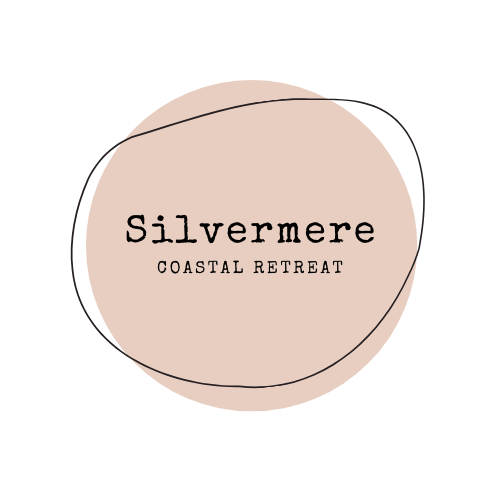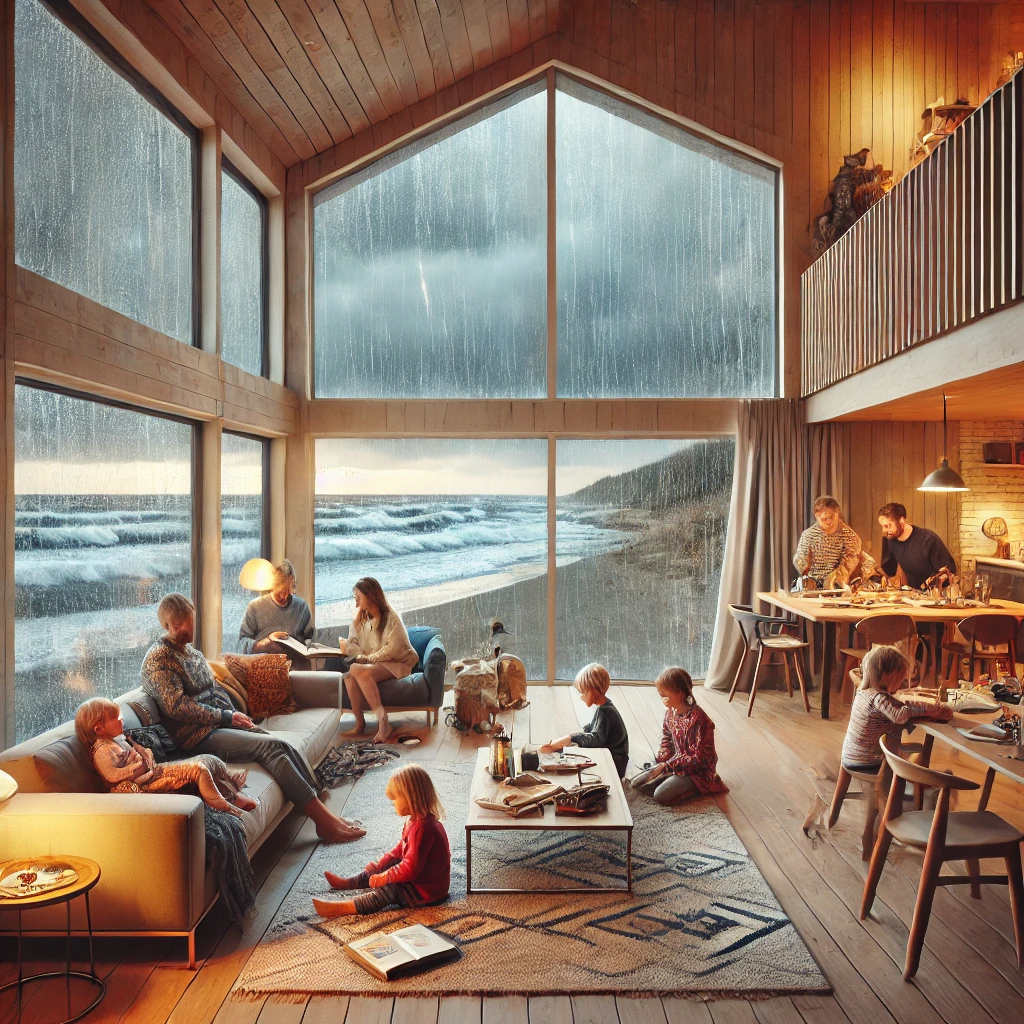Introduction
Culburra Beach, located on the stunning South Coast of NSW, is a fantastic destination for families looking to escape the hustle and bustle of city life. With pristine beaches, lush natural surroundings, and an abundance of outdoor activities, it’s the perfect spot for a relaxing holiday. However, wet weather can sometimes dampen plans for outdoor adventures. Don’t let rainy days ruin your getaway—turn them into a learning experience with these engaging science activities for kids! Whether you’re staying in a cozy Airbnb or a holiday house, these activities are perfect for school holidays and will keep young minds busy and entertained.
1. Build a Balloon-Powered Car
Rainy days are ideal for indoor science experiments that spark creativity and innovation. Building a balloon-powered car is a fun activity that teaches kids about the principles of motion and energy.
Materials Needed:
- A small cardboard box or plastic container
- Straws
- Bottle caps (for wheels)
- A balloon
- Tape
- Scissors
Steps:
- Construct a basic car frame using the cardboard or plastic container.
- Attach the bottle caps to the frame as wheels, using straws as axles.
- Inflate the balloon, then tape it to the car so that the air releases out of the back.
- Let go and watch the car zoom across the floor!
This simple experiment will not only keep the kids entertained but also teach them about propulsion and energy conservation.
2. Create a Homemade Lava Lamp
Transform your holiday house into a science lab with a homemade lava lamp. This activity is a hit with kids and provides an excellent way to explain the concepts of density and solubility.
Materials Needed:
- A clear plastic or glass bottle
- Vegetable oil
- Water
- Food coloring
- Alka-Seltzer tablets
Steps:
- Fill the bottle about three-quarters full with vegetable oil.
- Add water until the bottle is nearly full.
- Add a few drops of food coloring.
- Break an Alka-Seltzer tablet into pieces and drop them in one at a time.
Watch as the colored blobs dance around, creating a mesmerizing effect that explains how different liquids interact based on their densities.
3. Make a DIY Weather Station
Turn a rainy day into a learning opportunity by creating a DIY weather station. This hands-on activity allows kids to understand how weather is measured and can be a great introduction to meteorology.
Materials Needed:
- A thermometer
- A barometer (can be purchased or made using simple instructions online)
- A wind vane (can be made from a paper cup, straw, and a pencil)
- A rain gauge (an empty plastic bottle works perfectly)
Steps:
- Set up your weather station in a spot where the elements can be measured accurately.
- Record the temperature, air pressure, wind direction, and rainfall daily.
- Discuss what the measurements mean and how they relate to the weather patterns you experience during your stay.
Not only is this activity educational, but it also keeps kids engaged with the natural world, even when they can’t be outside.
4. Kitchen Chemistry: Baking Soda and Vinegar Volcano
When outdoor fun isn’t an option, bring the excitement of a volcano eruption indoors! This classic experiment is always a favorite and offers an excellent way to discuss chemical reactions.
Materials Needed:
- Baking soda
- Vinegar
- A plastic bottle
- Red food coloring (optional)
- Dish soap
- A tray to contain the mess
Steps:
- Place the plastic bottle on the tray and fill it with a few tablespoons of baking soda.
- Add a drop of dish soap and some food coloring for effect.
- Pour vinegar into the bottle and watch the eruption!
This hands-on activity helps kids visualize and understand the reaction between acids and bases, all while having a blast.
Conclusion
Wet weather doesn’t have to spoil your school holiday at Culburra Beach, NSW. With these engaging science activities, your kids can learn, play, and make the most of their time indoors. Whether you’re staying in a holiday house or an Airbnb, these experiments are easy to set up and sure to keep the whole family entertained.


